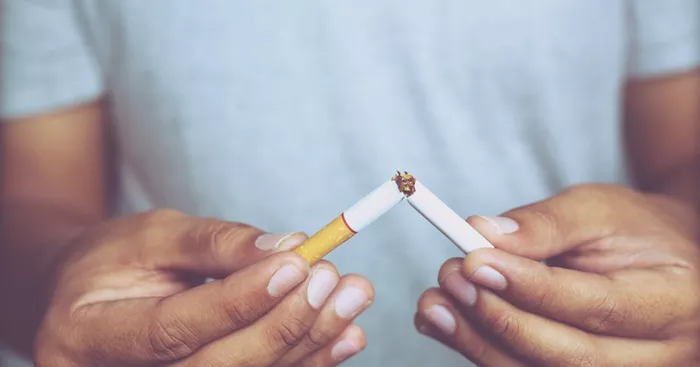In a groundbreaking move, Belgium has announced that it will become the first European Union country to ban the sale of disposable vapes, aiming to curb the growing health risks posed by these products, especially among teenagers. The ban is part of a broader effort to reduce nicotine addiction and protect the environment from hazardous waste generated by disposable e-cigarettes.
Belgian Health Minister Frank Vandenbroucke, who has spearheaded the initiative, emphasized that the popularity of inexpensive disposable vapes has created a serious public health threat. These products, often marketed to youth, offer a quick and addictive route to nicotine consumption. “Disposable e-cigarettes are a new product designed specifically to attract new consumers,” said Vandenbroucke. “E-cigarettes often contain nicotine, and nicotine is highly addictive and harmful to your health.”
The Health Minister’s concerns extend beyond the health risks to the environmental impact of disposable vapes. These products, which are thrown away after a single use, contribute to significant waste. “The plastic, battery, and circuits are a burden on the environment, and they create hazardous chemical waste when discarded,” Vandenbroucke added.
While the ban targets disposable vapes, Belgium will allow the sale of reusable e-cigarettes, which are seen as a potential tool for smoking cessation for individuals who are unable to quit using other methods. Reusable e-cigarettes, when properly regulated, are believed to help some smokers transition away from traditional cigarettes.
Belgium’s decision follows the lead of Australia, which implemented one of the strictest vaping regulations in the world earlier this year. In Australia, the sale of vapes outside pharmacies was outlawed, making it one of the most stringent regulatory environments for electronic cigarettes. Now, Belgium is positioning itself as a leader in the European effort to regulate vaping products more rigorously.
“We are the first country in Europe to do so,” Vandenbroucke stated proudly. “But this is only the beginning. We are urging the European Commission to come forward with updated, modernized tobacco legislation to strengthen public health protections across the EU.”
Despite the potential financial losses for the vaping industry, the decision has garnered some support, particularly concerning the environmental implications. Even vape shop owners, such as Steven Pomeranc of Brussels Vapotheque, have acknowledged the harmful environmental effects of disposable vapes. “Once the vape is empty, the battery is still functional. That’s the issue—these batteries can’t be recharged, creating unnecessary pollution,” Pomeranc explained.
However, he believes that the industry can adapt by shifting to alternative products, such as pod systems, which are pre-filled and can be easily attached to reusable e-cigarettes. “We already have a wide range of alternative solutions that are easy to use. So while there will be some shift, I don’t expect the impact to be as severe as some might think,” he said.
Belgium’s ban on disposable vapes represents a bold step in the country’s ongoing commitment to improving public health and tackling nicotine addiction. As the European Union grapples with how best to regulate vaping products, Belgium’s actions could serve as a model for other nations looking to protect their citizens, particularly younger generations, from the dangers of smoking and nicotine addiction.
With Belgium leading the charge, the EU now faces the challenge of taking a coordinated, continent-wide approach to vaping regulation. Minister Vandenbroucke’s call for the European Commission to update tobacco laws highlights the growing urgency for stronger action to safeguard both public health and the environment in the face of evolving trends in tobacco and nicotine use.
Read more:
- Latvia’S Tobacco Ban: Industry Scrambles As New Restrictions Set To Take Effect In 2025
- New Oral Migraine Drug, Atogepant, Offers Swift Relief For Sufferers
- Unseen And Ubiquitous: How Microplastics Are Impacting Human Health


